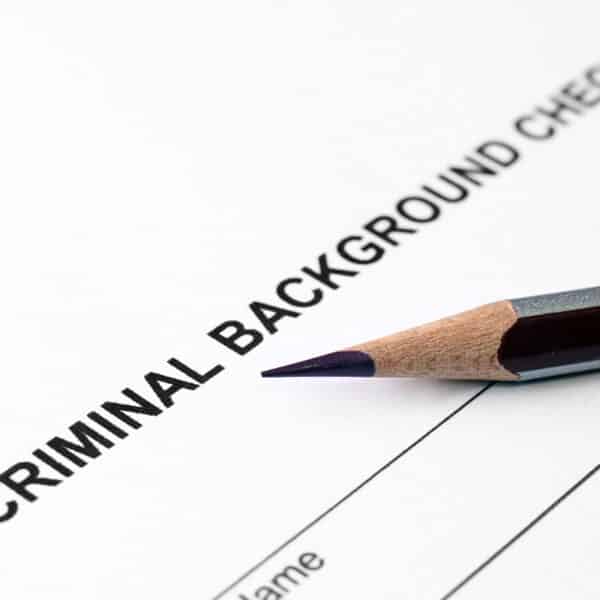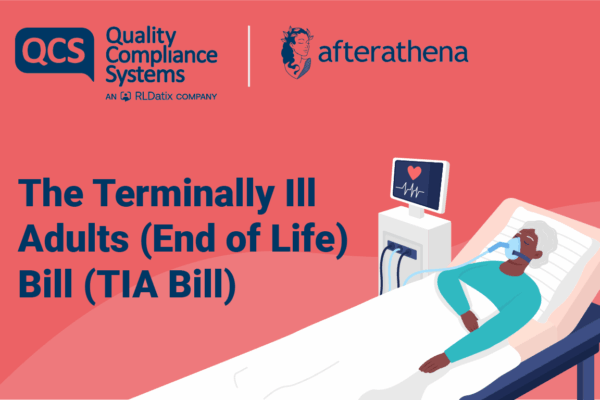The Continuous Internal Practice Debates and Indecision Over who Needs DBS Checks
There is rarely a more factual statement about general practice than there are no two practices that operate in identical ways: there is always some variation that sets one apart from another. No matter who takes the lead – be it the owner(s) or the management – there are usually varying opinions internally to be found as to who needs a DBS check and who doesn’t. This predicted variation does appear to be diminishing and I hope this provides assistance wherever it may still be needed.
If we don’t try and overthink anything and keep on message, DBS checks initially form a necessary part of the recruitment process. Therefore, they need to feature in the practice recruitment policy – and for the policy to be followed. Recruitment procedures need to be safe and in line with national policy on DBS checks for the criminal records (of new recruits).
Nigel Sparrow points out in his CQC Mythbuster that the CQC does not decide who should be DBS checked. The job of the CQC is to regulate, report on findings from inspections and rate practices based on all findings in relation to all relevant existing guidance. The BMA, RCGP, NCAS and MDU all agree on the following guidance in relation to DBS criminal records checks:
“Practices should:
- have a process in place for undertaking criminal record checks at the appropriate level (only for staff who require a check);
- assess the different responsibilities and activities of staff to determine if they are eligible for a DBS check and to what level; and
- remember that the eligibility for checks and the level of that check depends on the roles and responsibilities of the job – not the individual being recruited – and is based on the level of contact staff have with patients, particularly children and vulnerable adults.”
Clinical Staff (GPs, Nurses, Healthcare Assistants, Physician Associates and all Other Healthcare Professionals Employed or Operating Within the Practice who Have Direct Contact With Patients) Need a DBS Check
GPs will have had criminal records checks carried out as part of their Performers List checks. Practices may decide to use this check rather than carrying out a new DBS check when the GP is recruited. When this route is taken, the practice should be able to provide clear evidence of obtaining confirmation from NHS England that a check has been undertaken. The employing practice may take the view that the Performers List criminal records check is too old to – or simply should not – be relied upon and, therefore, do another one for their own peace of mind. For any new member of the clinical team arriving with an existing DBS check, it is advisable to carry out a new criminal records check and not rely on anything they bring no matter how tempting this can appear. In my experience, DBS checks have revealed completely unexpected – and usually unwelcome – information about new employees which has led to the need for risk assessments as a minimum.
Non-Clinical Staff
There is no general requirement for non-clinical staff (e.g. reception and admin team members) to have a DBS check; this will depend on their individual role responsibilities. It is important to note – especially when setting practice policy and procedures – access to medical records does not automatically require non-clinical staff to have a DBS check.
With no necessity to carry out criminal records checks on non-clinical staff whose respective role responsibilities do not require one – and there is no DBS check available as a result – this does not mean they suddenly require one if/when a CQC visit is announced. However, if the practice policy is for all staff to have a DBS check regardless of their role responsibilities, the inspection team will expect there to be a DBS check on file for each staff member which has been carried out during their period of employment at the practice – or dating from their offer of employment.
Chaperones and On-Site Baby/Child-Minding
The non-clinical staff who are the most likely to require a DBS check – and, as such, this is recommended – are those reception and admin staff who provide chaperone duties and also those who look after a baby or child while their mother is being examined by a doctor or nurse.
Evidence of Systems and Processes
Almost without exception, the ability to produce supporting evidence is critical. For staff members where the decision has been made not to carry out a DBS check, the practice should be able to give a clear, documented reason which should be backed up by all relevant practice policies and procedures.
The Disclosure and Barring Service
… and, where any uncertainty remains about who needs a DBS check, it is advisable to contact the Disclosure and Barring Service.






